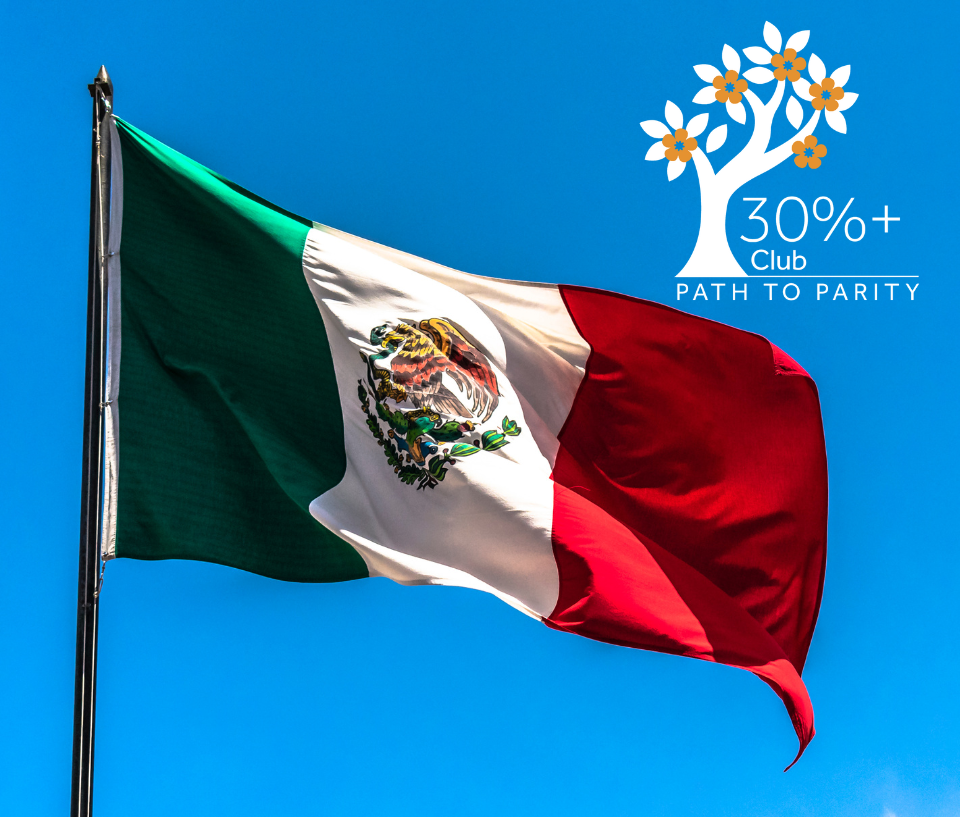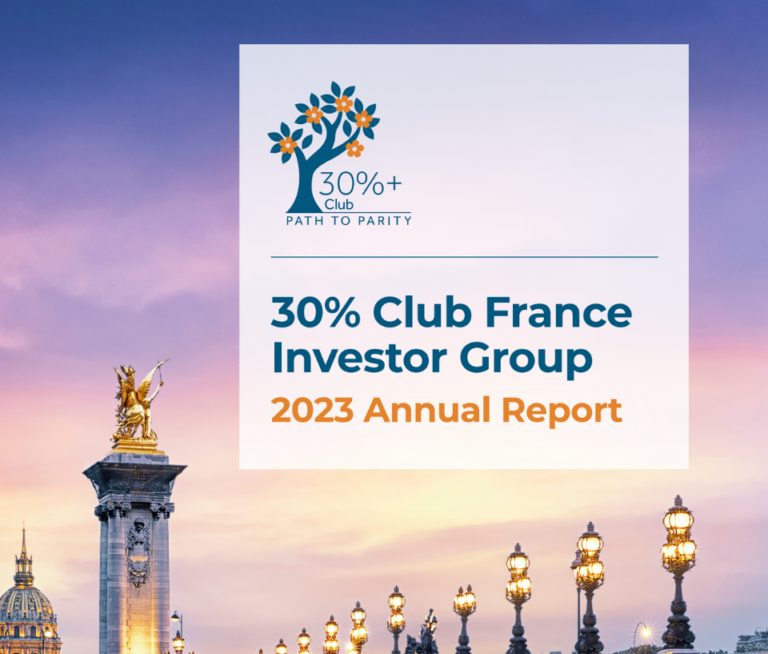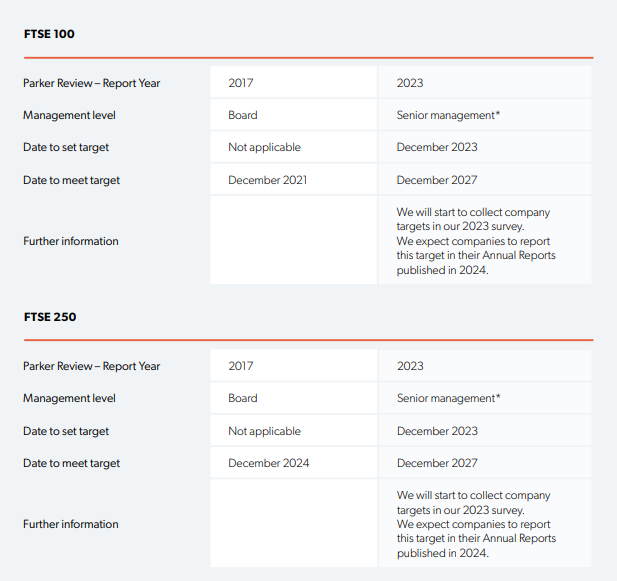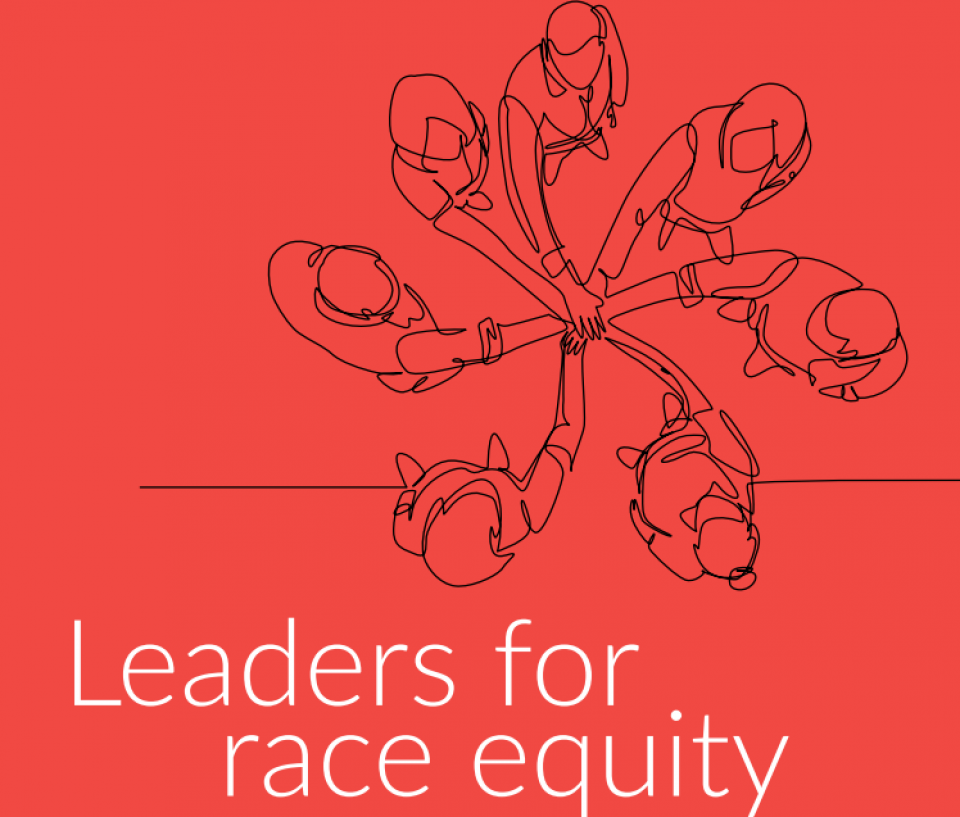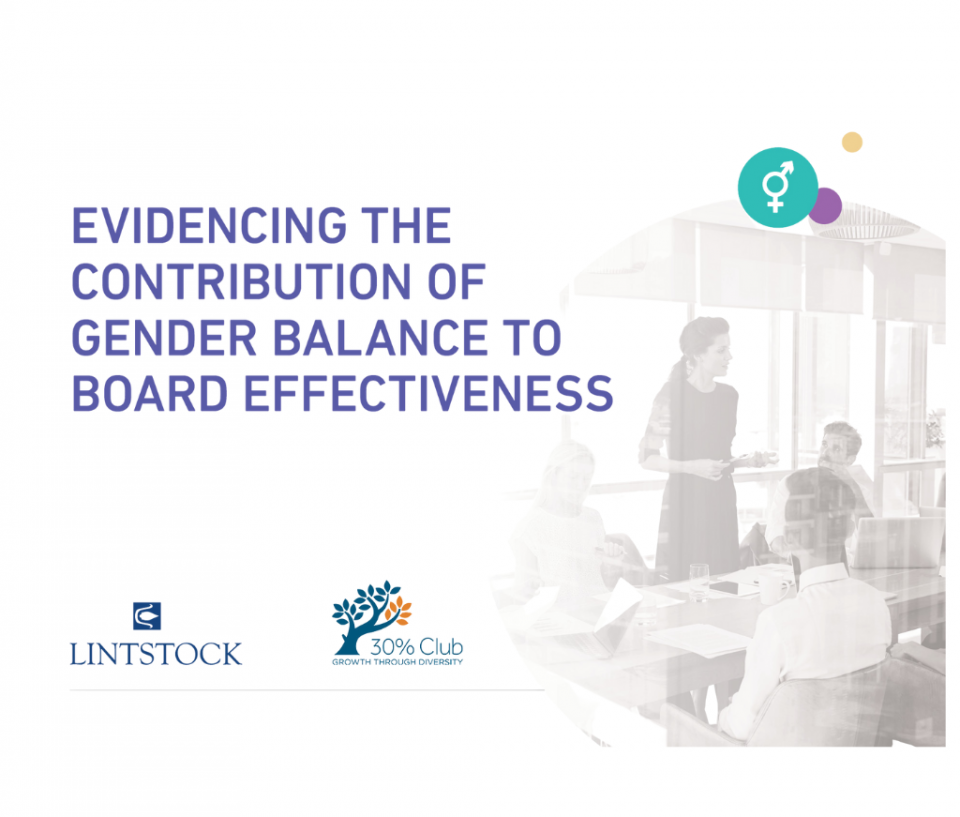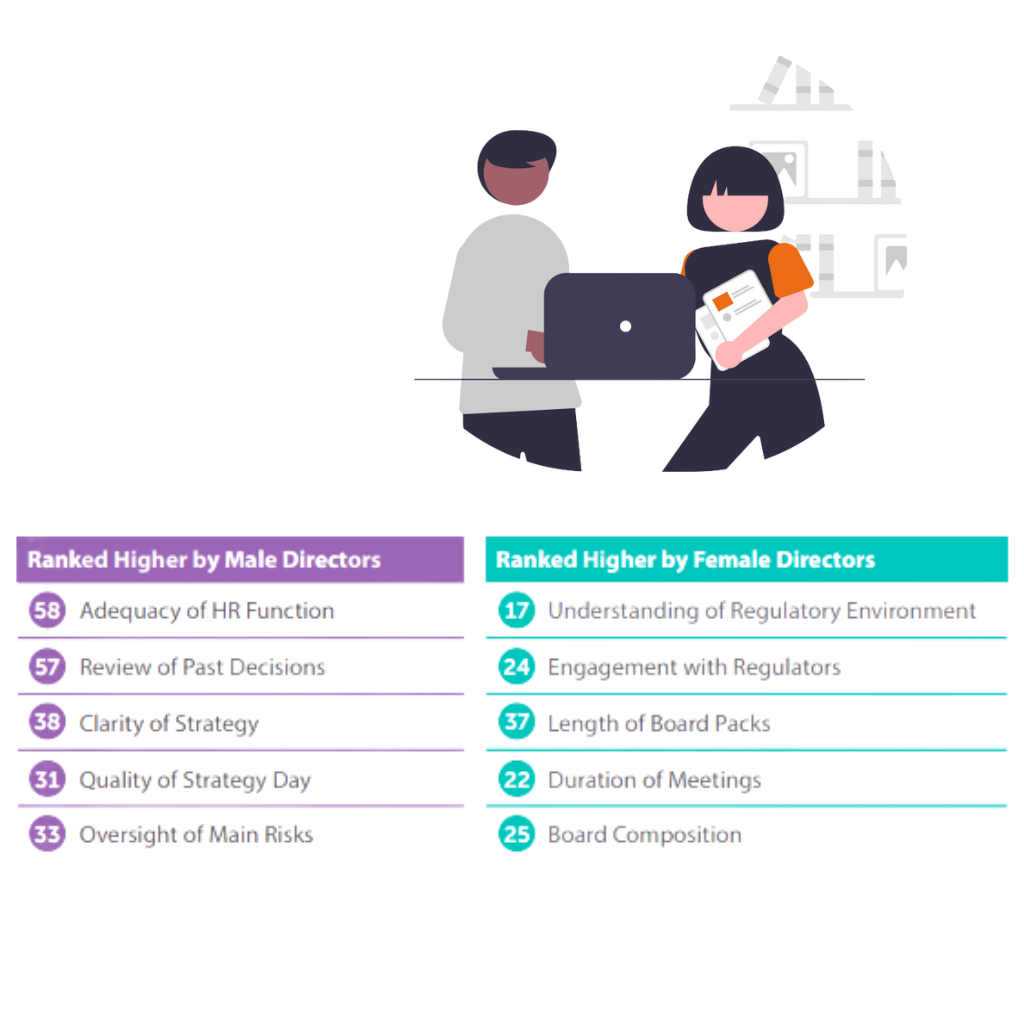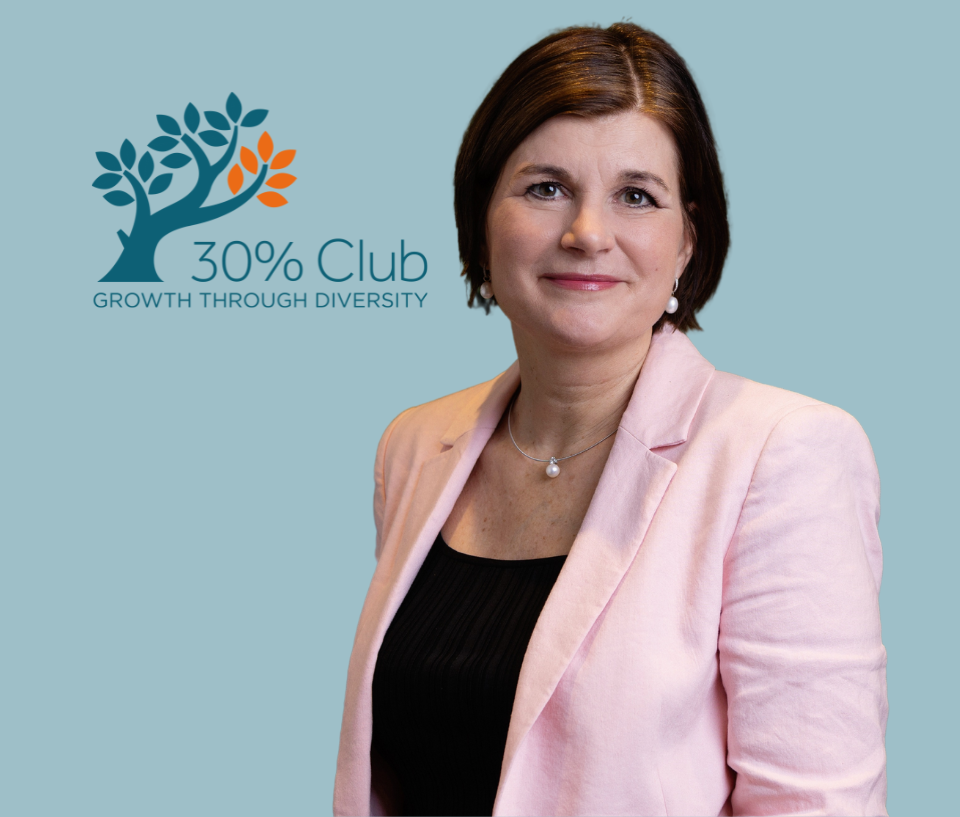A new report launched today by the 30% Club Ireland, supported by Accenture, highlights the economic and workforce benefits of integrating care – childcare, eldercare, and self-care – into corporate policies.
The research highlights the significance of ‘Care Economics’ – the business case for integrating caregiving support into workplace strategy. It quantifies the return on investment of flexible, care-supportive policies, demonstrating how enabling employees to balance their caregiving responsibilities leads to measurable financial gains, including higher retention, increased productivity, and reduced absenteeism. By prioritising such policies, businesses can retain experienced talent while reducing hiring and onboarding costs. Those that fail to adapt risk losing talent in the ever-evolving modern workforce.
Key findings that support the importance of leveraging Care Economics include:
- Almost three in five (57%) employers report higher productivity from their employees after introducing hybrid work and flexible care policies.
- Over a third (35%) of companies see direct commercial benefits from supporting caregiving responsibilities.
- 31% increase in employee retention in organisations that provide eldercare and childcare support.
- 68% reduction in absenteeism in workplaces with structured care policies.
- Three in four (75%) employers say technology has improved employees’ ability to balance work and care responsibilities.
- 71% of employees say work-life balance policies have improved their overall well-being, and those working in organisations with strong policies report 35% lower burnout rates.
The research also highlights shifting employee expectations and priorities:
- 40% of employees say their organisation does not support working parents.
- Over half of employees (52%) believe eldercare is not given the same level of workplace support as childcare.
- 46% say hybrid work has positively impacted their self-care and work-life balance.
- Half (50%) of Gen Z employees prioritise work-life balance over salary, making flexibility and well-being key drivers of retention among younger talent.
- 42% of millennials report that a poor work-life balance is a leading reason for leaving a job.
- 30% of employees aged 50+ feel excluded from flexible work policies, often because of outdated assumptions about their adaptability to remote or hybrid work.
The research, conducted between October 2024 and January 2025 by Reputation Inc, examines the intersection of caregiving responsibilities, work-life balance, and workplace policies. The study combines:
- Quantitative survey data from over 1,300 employees in Ireland working across various industries.
- Qualitative insights from 150 Irish employers, including SMEs, large indigenous businesses, and multinationals.
- Focus groups with Gen Z future leaders, exploring shifting workplace expectations.
The findings provide evidence-based insights into the business impact of caregiving policies, offering practical recommendations for improving retention, engagement, and workforce productivity.

